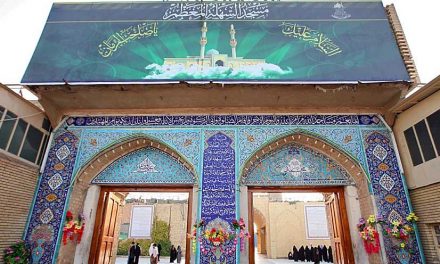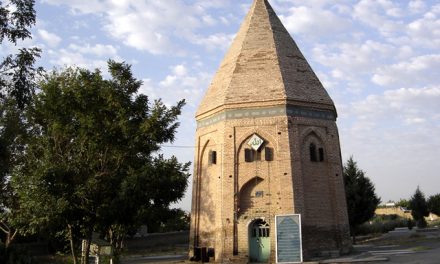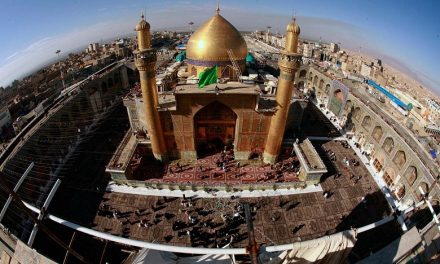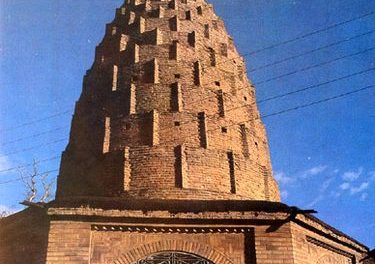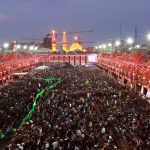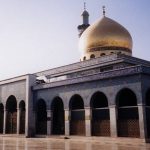
Wadi as Salam is an extensive historic cemetery, situated in Najaf, Iraq.
It is of immense importance for Shias due to many Hadiths regarding its significance. On the basis of some hadiths, the cemetery is where some of the prophets (AS) and great virtuous men return after their death (raj’a), and any pious man’s spirit who passes away in any spot of the world will come to this cemetery.
Its location in Najaf has raised its importance because of Imam Ali’s (AS) holy shrine being there. Many pilgrims of al-Atabat al-Aliyat (The holy shrine of Imams (AS)) visit this area beside visiting other sacred places. Furthermore, a lot of religious, political, and social figures of Shia have been buried there.
Significance
One of the reasons to the importance of this cemetery is its proximity to Imam Ali’s (AS) holy shrine.
In addition, it has been indicated and admired frequently in Shia references. It appears the earliest hadith about it is one narrated by al-Kulayni (255/869 – 329/940-1), said to be from Imam Ali (AS). Subsequent references have narrated this hadith numerously. In this hadith, Imam Ali (AS), accompanied with one of his companions, goes to Wadi as Salam and uttered: “No pious man passes away on any part of the earth unless his spirit is ordered to come to Wadi as Salam. Here, is a part of Heaven.”
Al-Allama al-Majlisi has narrated that the Holy Prophet (PBUH), along with Gabriel, went to Wadi as Salam and performed prayer in the Ascension Night. According to this narration, Wadi as Salam has been a place of prayer for Adam (AS) and other prophets.
Moreover, this is the first area of earth in which God was worshiped, as hadiths witness.
There are some hadiths about Imam Ali’s (AS) interest in Najaf and Wadi as Salam and his willingness to be buried in the region. In particular, in a hadith, Imam Ali (AS) asks God to be buried in Wadi l-Salam cemetery.
Source: wikishia.net

